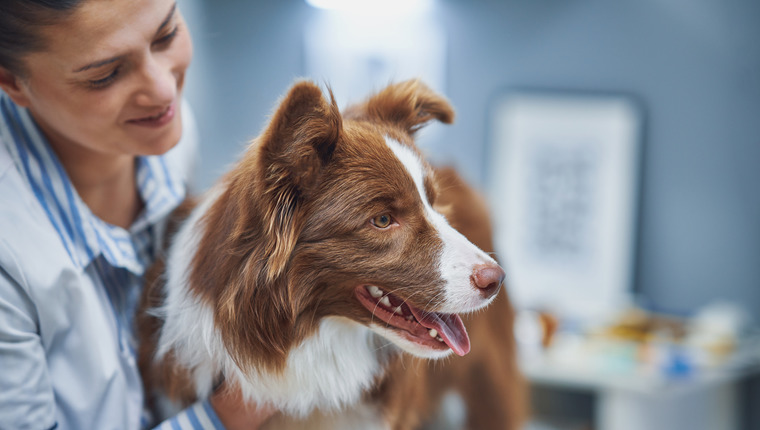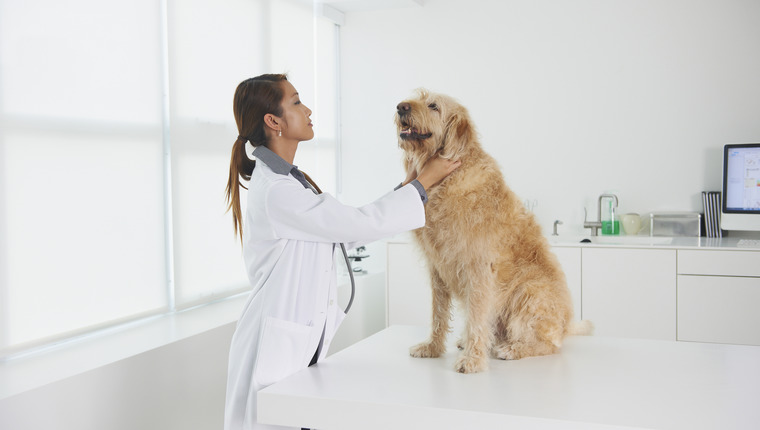
The pandemic saw a surge in pet parentship. And, due largely to economic and environmental factors, more people are choosing to adopt pets instead of having human kids. These factors combined have created a booming demand for veterinary care, one the industry can’t currently meet.
Across the country, thousands of pet parents are scrambling, sometimes traveling hours to see a veterinarian, even for emergency care.
Why There Is a Shortage of Veterinarians
The increased demand has put significant pressure on pet health professionals, subjecting many to long, grueling hours and intense stress. As a result, many people are reporting burnout or leaving the profession altogether. According to CBS News, a 2021 survey by the American Veterinary Medical Association found that 44 percent of veterinarians have considered quitting. And 26 percent reported they’d like to work fewer hours.
But Mars Veterinary Health, an organization that provides veterinary care and employment, found there are barely enough veterinarians and vet techs to meet the current demand. The organization reported a 6.5 percent increase in veterinary appointments in 2021 and predicts pet healthcare spending will increase 33 percent between 2019 and 2029. The industry will need an additional 41,000 veterinarians to meet animal healthcare demands by 2030.
With about 2,000 veterinarians retiring each year, the organization predicts that, even with new graduates, there’s likely to be a shortage of nearly 15,000 veterinarians in the next decade.
What Pet Parents Can Do
As many pet health clinics and hospitals cut hours due to staff shortages, finding appointments can be challenging. But that doesn’t mean pet parents should put off routine care or wait until small problems become emergencies. Experts advise keeping your pet up-to-date on regular care and vaccinations to reduce the risk of serious issues. That may mean scheduling appointments several months in advance.
Establishing a relationship with a local veterinary clinic can also increase your chances of getting an appointment when slots are few and far between. If your pet ingests poison, call the ASPCA’s animal poison control hotline at (888) 426-4435.










